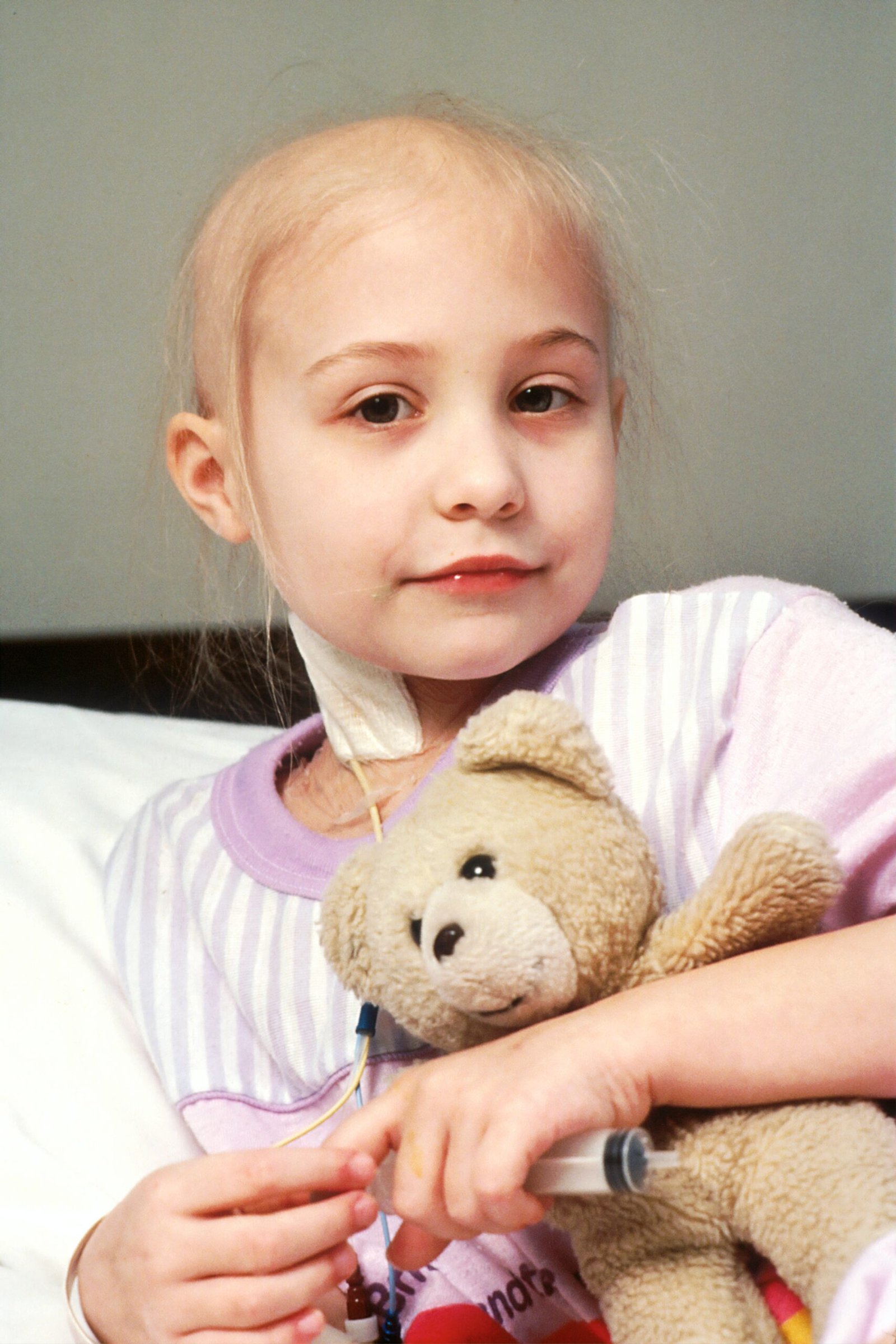The Tragic Incident: A Detailed Account
In the early hours of May 6, the Barracas neighborhood of Buenos Aires became the scene of a horrific hate crime that has shocked both Argentina and the global community. Four lesbian women—Pamela Fabiana Cobas, Mercedes Roxana Figueroa, Andrea Amarante, and Sofía Castro Riglo—were the targets of a violent attack that has raised serious concerns about the safety and rights of LGBTQ individuals in Argentina.
The women were sharing a room in a modest boarding house when their lives were irrevocably altered. A man forcibly entered their room and threw an incendiary device, setting the women on fire. The attack was sudden and brutal, leaving the victims with severe burns and other injuries. The immediate aftermath saw Pamela Fabiana Cobas tragically losing her life shortly after the attack. Her partner, Mercedes Roxana Figueroa, fought valiantly but succumbed to organ failure days later. Andrea Amarante’s struggle for survival ended on May 12 when she passed away in the hospital. Only Sofía Castro Riglo survived the brutal assault, carrying the physical and emotional scars of that tragic night.
Witnesses have recounted the terrifying events, describing the chaos and horror as the fire engulfed the room. Neighbors and emergency responders rushed to the scene, but the intensity of the blaze and the extent of the injuries made rescue efforts challenging. The testimonies paint a vivid picture of the violence and hatred that fueled the attack, leaving a community in mourning and a nation grappling with rising intolerance.
The impact of this tragic incident has been profound, resonating deeply within the local LGBTQ community and beyond. Vigils and protests have been held, with activists demanding justice for the victims and calling for stronger protections for LGBTQ individuals. The attack has sparked widespread outrage and has become a rallying point for those advocating for equality and human rights in Argentina.
As the nation mourns the loss of Pamela, Roxana, and Andrea, and supports Sofía in her recovery, the incident serves as a stark reminder of the dangers that LGBTQ individuals continue to face. It underscores the urgent need for societal change and the protection of all citizens, regardless of their sexual orientation or gender identity.
The Political Climate: Rising Intolerance Under Milei’s Government
Argentina, once celebrated as a trailblazer in LGBTQ rights, is now facing a troubling surge in intolerance and hate crimes. The political climate under Javier Milei’s administration is increasingly being scrutinized for its role in fostering an environment hostile to the LGBTQ community. This shift represents a stark departure from Argentina’s past achievements, including the landmark legalization of same-sex marriage in 2010. The current wave of anti-LGBTQ sentiments can be linked to Milei’s policies and rhetoric, which critics argue have emboldened prejudiced factions within society.
Javier Milei, known for his controversial and often polarizing viewpoints, has been accused of undermining the progress made in LGBTQ rights. Experts suggest that his administration’s stance on social issues has created a permissive atmosphere for discrimination. Statistical data from recent years indicate a worrying increase in hate crimes targeting LGBTQ individuals. According to a report by the National Institute Against Discrimination, Xenophobia, and Racism (INADI), there has been a significant rise in violent incidents since Milei took office.
Testimonies from activists and community leaders paint a grim picture of the current situation. Maria González, a prominent LGBTQ rights activist, notes that the language used by some government officials seems to tacitly endorse discriminatory behavior. “The rhetoric coming from the top has a trickle-down effect,” she explains. “When the government doesn’t explicitly condemn hate, it sends a message that such behavior is acceptable.”
Comparing the present scenario with the era of progressive reforms in the early 2010s, it is evident that the political and social landscape has shifted dramatically. The legalization of same-sex marriage was a monumental step forward, positioning Argentina as a leader in LGBTQ rights within Latin America. However, the current administration’s policies appear to be reversing this progress, highlighting an urgent need for renewed focus on protections and legal safeguards for the LGBTQ community.
Addressing this decline in LGBTQ rights requires a multifaceted approach. Policymakers must prioritize anti-discrimination laws and ensure robust enforcement. Additionally, public awareness campaigns can help combat prejudice and foster a more inclusive society. The tragic events, such as the recent attack on four lesbians, underscore the critical need for immediate action to protect the rights and lives of LGBTQ individuals in Argentina.


































